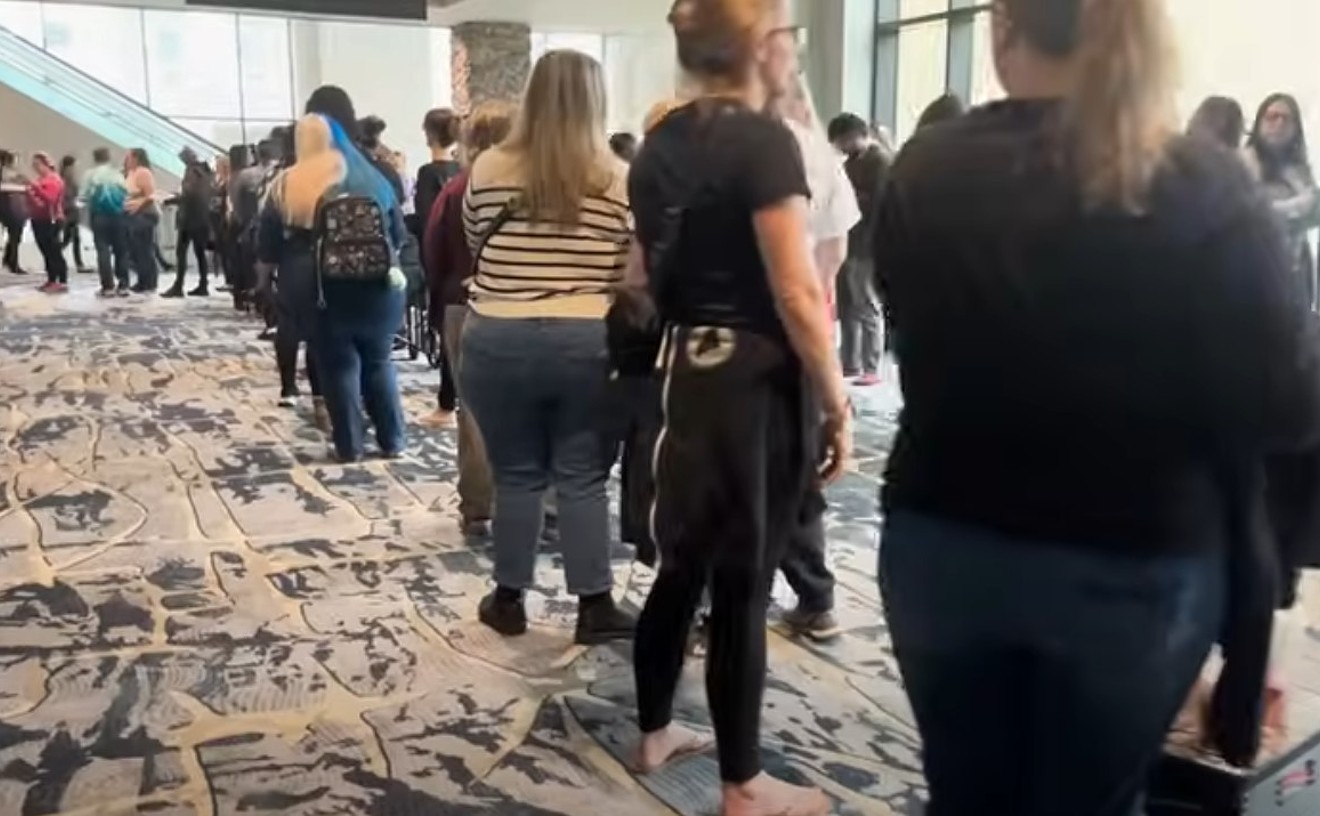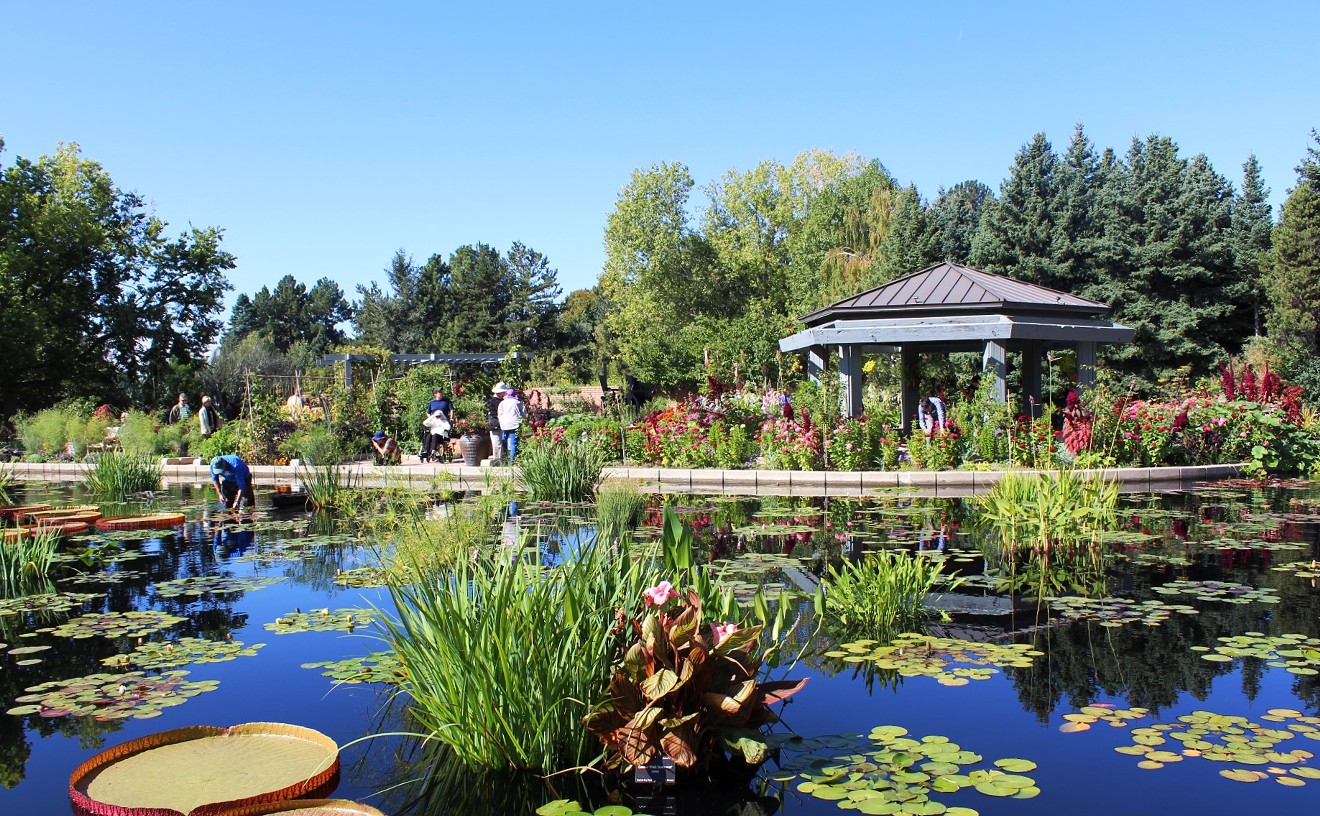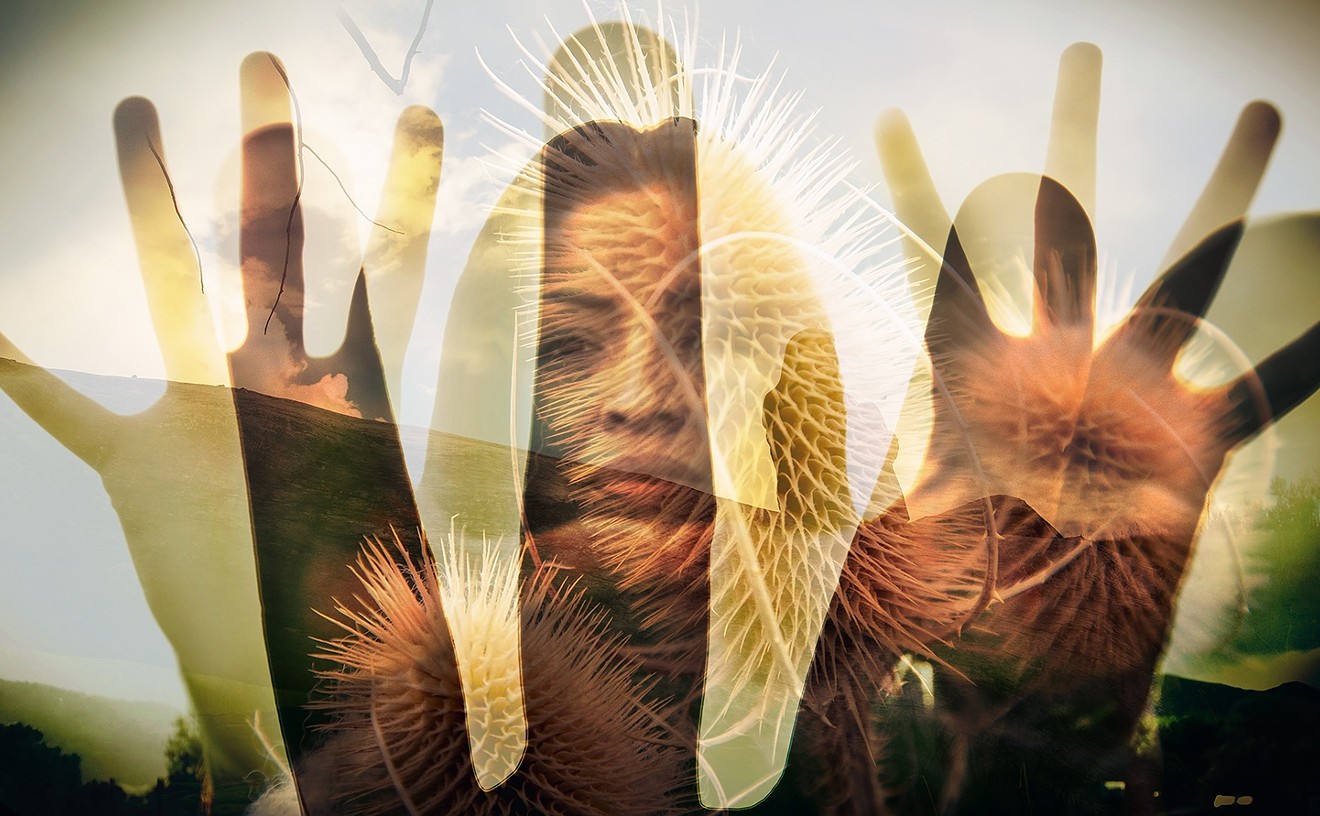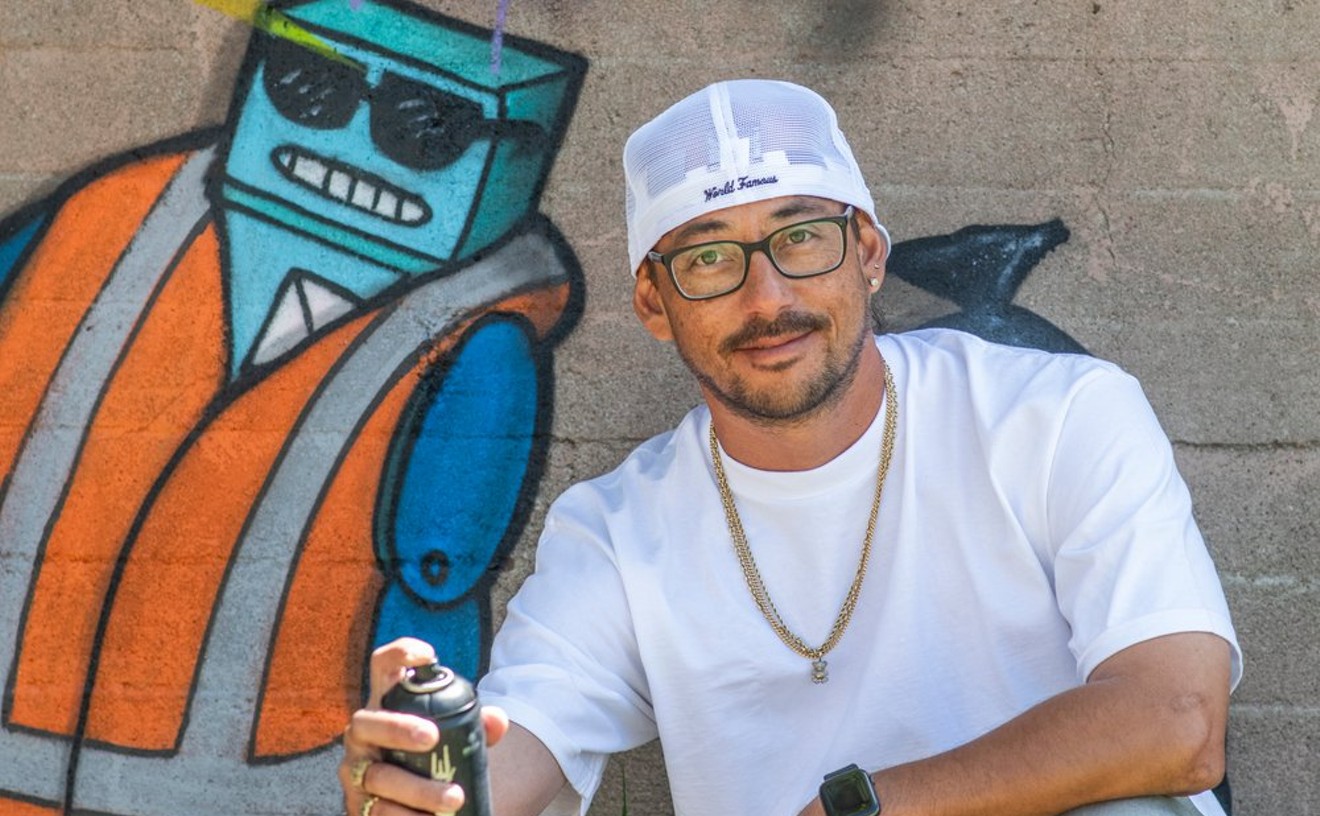Any time a new social network appears or a change is made to an existing one, I immediately start daydreaming about old Myspace again. When Ello appeared on everyone's radar last week, I began my mental trip back in Internet time. Though I don't think Ello will be exactly the replacement I'm looking for, its very existence brings up a great couple of questions: What and who are we presenting on each social network and why are we there in the first place?
See also: Jeffree Star dishes on celebrities, tattoos and perfection
If you know Myspace, then you know the importance of "proof" videos.
Right now, everyone is on Facebook. I say everyone with the full knowledge that many of my friends aren't. But if you look at a cross-section of your own Facebook friends, there is a fair representation of many types of people in your life: your mom, your coworker, your classmate from third grade, that woman who dated your best friend four years ago but is still your "friend" on Facebook. They are all there. Even the people you've never met but have been friends with on various social networks for years are there, those residual relationships left over from when mild anonymity, randomness and stranger connection was a regular part of Internet life.
Remember those days? The days before Facebook made everyone identify themselves by their "legal" name and one of only two genders? Yes, back before Facebook made it "creepy" to be friends with strangers, many of us who used the Internet to connect were friends with strangers and it was fun. Many of those strangers eventually became our three-dimensional friends when we met up in real life -- or they became our significant others (as my own Myspace relationship could attest.)
Facebook was like the nerd on your high school's yearbook staff who infiltrated the smoker's corner; it took a lot of the fun out of being mildly anonymous and weird and created a world of social networking where, essentially, your dad was invited to the party. Some people's dads are cool, but on the whole, if you ever walked into a high school house party and saw someone's father standing by the keg, unless he was the neighborhood drug dealer, his presence was not fun or cool. That's Facebook -- not necessarily fun or cool.
I reluctantly made the jump to Facebook in 2008, when Myspace had finally become the dead mall of the Internet. It's no secret that the only way a social network survives is by people signing up and using it. I'm not talking about the survival of it based on the amount of data the company can mine and then use to sell you shit; I'm talking about the survival of the culture created. Without people to populate it, there is no culture.
Last week, I interviewed my friend Justin Gitlin about his part in the creation of a new social networking site called Ello. I, of course, posted a link to our conversation on Facebook, where I post links to all of my stories. I think that posting misconstrued the idea that I am in the "fuck Facebook" camp. For the most part, I am, but I was by no means saying Ello was the answer to all of our social networking woes. I was just talking to someone about his new project, which I often do here at Westword.
If you're not familiar with the "fuck Facebook" contingent, it is the people on Facebook who are constantly complaining about how much Facebook sucks -- by posting it on Facebook. I think for many people, Ello looked like the answer to this longstanding issue about Facebook sucking, which I will also agree with, as Facebook has never been about creativity, anonymity, weirdness, art or even fun. (Asking your friends to play Candy Crush is not fun; if you're still doing that, stop it. It's weird and not in a cool way.) The creators of Ello itself have even stated that it isn't the answer to Facebook sucking. It is just an alternative to it. But now that we are all so accustomed to social networking being a part of our daily lives, we are demanding things. We know what we want from a social network and when it doesn't give it to us right away, we use social networks to publicly complain about other social networks (see my Twitter feed for this phenomenon in action).
What I'm saying is, I know all of the reasons Ello potentially sucks. I have been sent plenty of links to pieces on what people see as Ello not correctly representing itself and its venture capital connections. I know that users are unhappy with Ello's perceived design flaws (even though it is in Beta, still); I know it has privacy issues; I know it is maybe acting too big for its britches. Then again, Facebook conducted a psychological experiment on us, and we still use it daily.
In fact, though I was invited to the site weeks ago, I have barely posted on Ello myself. Partly that's because I, too, am having trouble navigating it -- and even finding a reason to use it. But mostly it is because as with any entry into a new social network, I haven't decided which Bree I want to be yet. Our social networking profiles are never truly us -- just a composite of the person we want to be in that moment. Some of use are Internet braggarts; some of us are epic complainers; some of us are comedians; some of us are promotional spammers; some of us are perfect mothers; some of us are political pundits; some of us are medical mysteries with new ailments every day.
Whoever we are on the Internet, we have chosen to be that person. In reality, this would mean that it doesn't even matter what social network we use -- because on a base level, we are all just looking for a place to connect and share (or over-share), collect information on each other and be a part of the culture that appears when we make these exchanges. I personally find Twitter to be my favorite social network. But until an Internet time machine is created and Myspace is itself again, I will probably stay on Facebook and learn to use Ello and present a person that is only partially me to an audience full of other social networking performance artists.
Be my voyeur (or better yet, let me stalk you) on Twitter: @cocodavies
Follow @WestwordCulture











